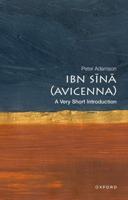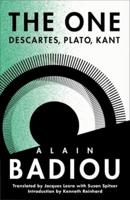Publisher's Synopsis
The Ion is the shortest, or nearly the shortest, of all the writings which bear the name of Plato, and is not authenticated by any early external testimony. The grace and beauty of this little work supply the only, and perhaps a sufficient, proof of its genuineness. The plan is simple; the dramatic interest consists entirely in the contrast between the irony of Socrates and the transparent vanity and childlike enthusiasm of the rhapsode Ion. The theme of the Dialogue may possibly have been suggested by the passage of Xenophon's Memorabilia in which the rhapsodists are described by Euthydemus as 'very precise about the exact words of Homer, but very idiotic themselves.' The Crito seems intended to exhibit the character of Socrates in one light only, not as the philosopher, fulfilling a divine mission and trusting in the will of heaven, but simply as the good citizen, who having been unjustly condemned is willing to give up his life in obedience to the laws of the state. This little dialogue is a perfect piece of dialectic, in which granting the 'common principle, ' there is no escaping from the conclusion. It is anticipated at the beginning by the dream of Socrates and the parody of Homer. The personification of the Laws, and of their brethren the Laws in the world below, is one of the noblest and boldest figures of speech which occur in Plato









